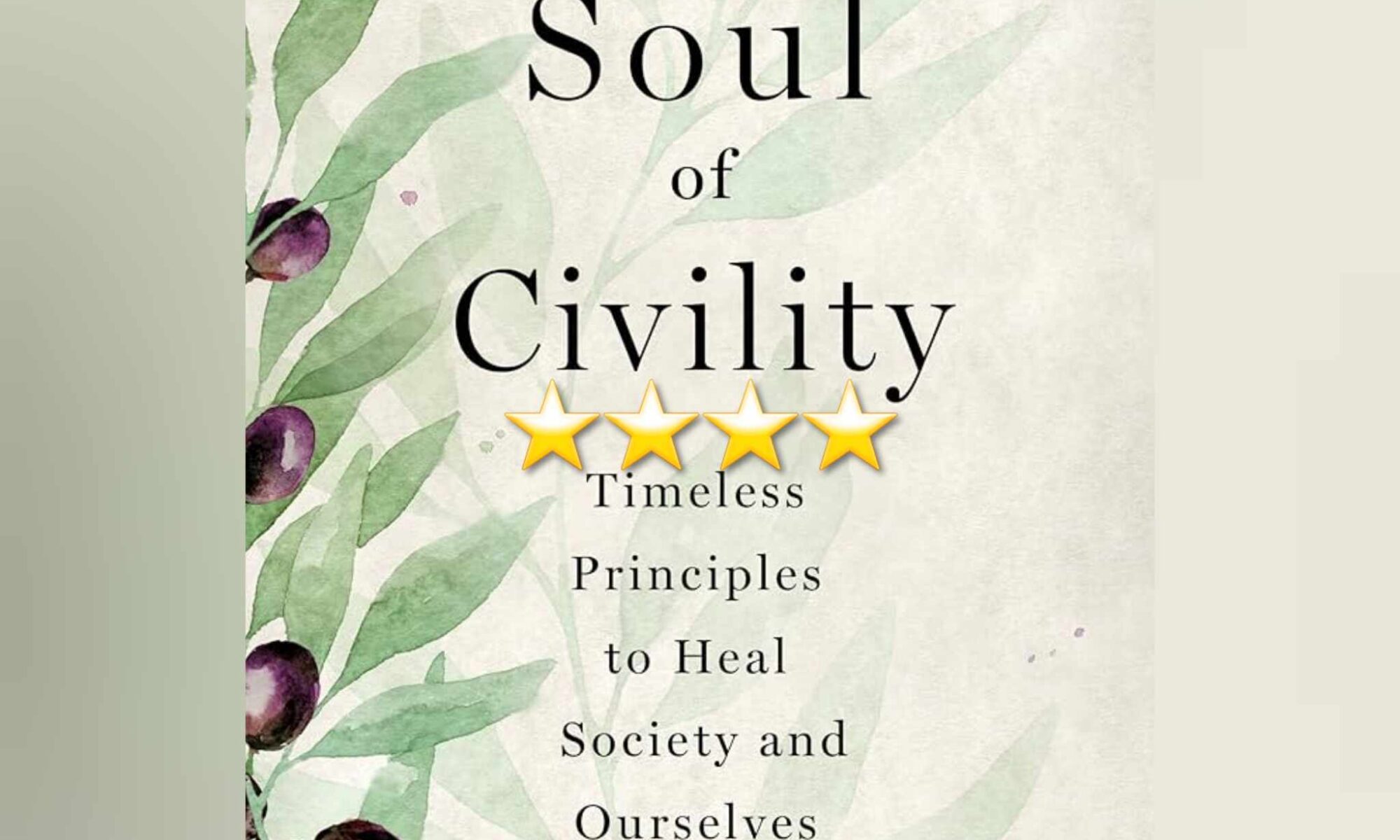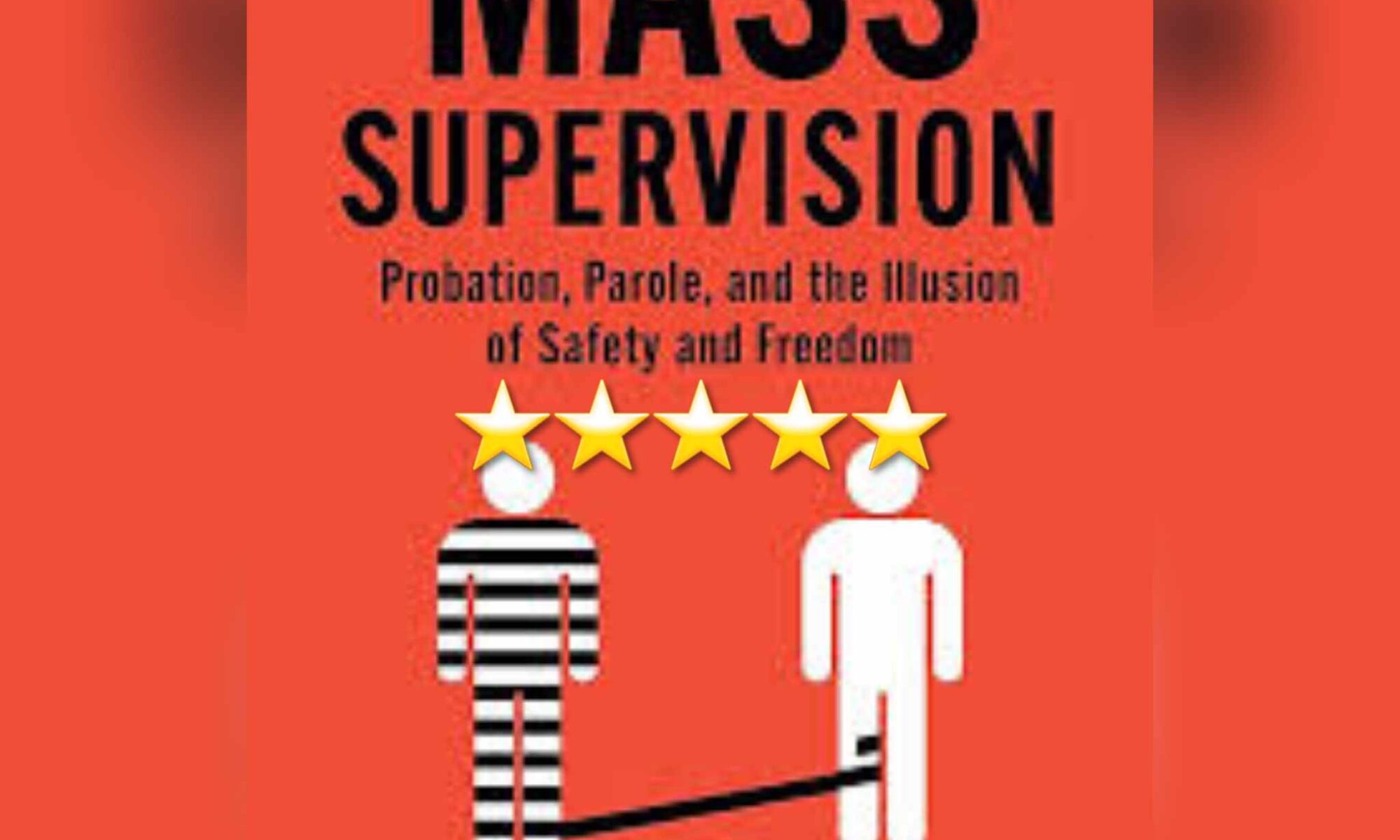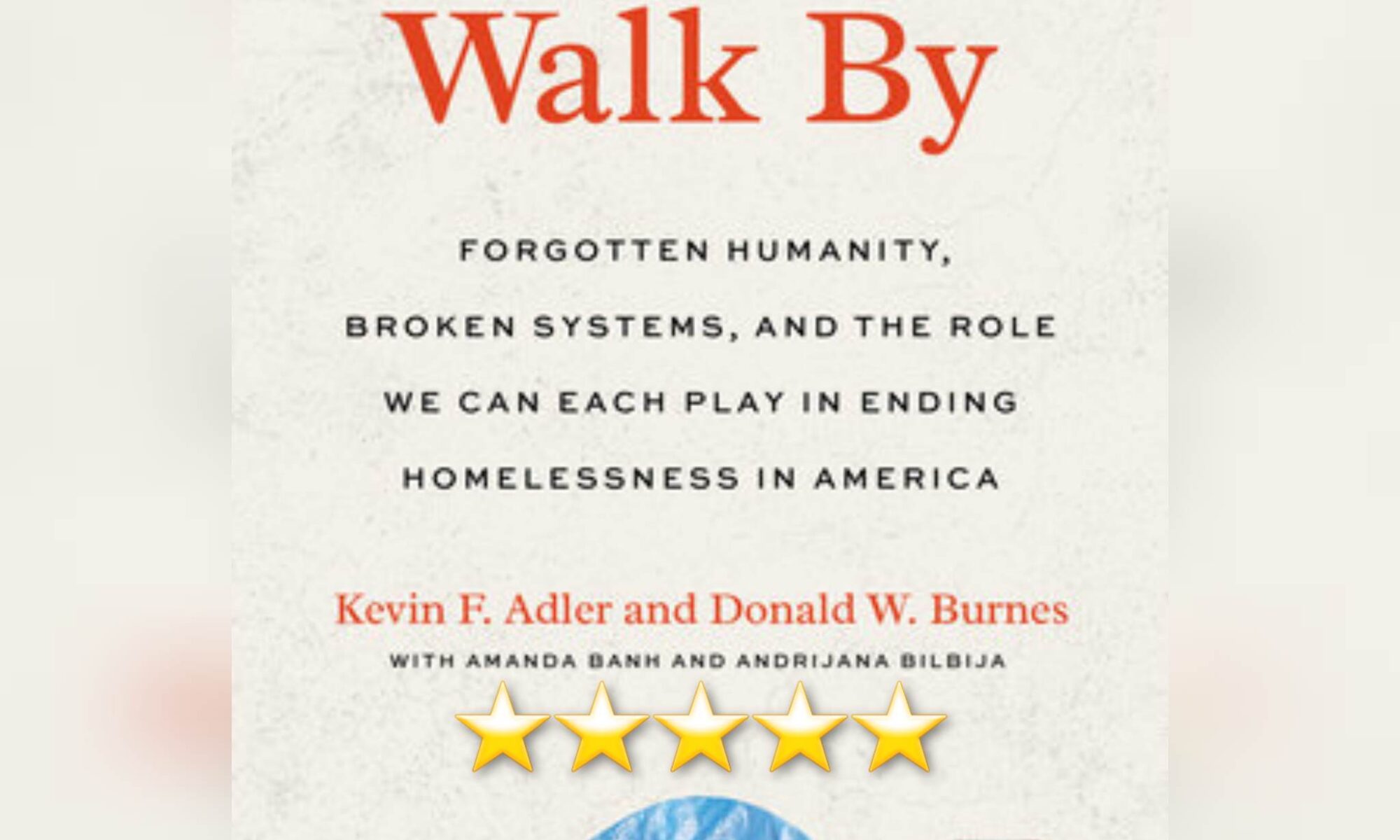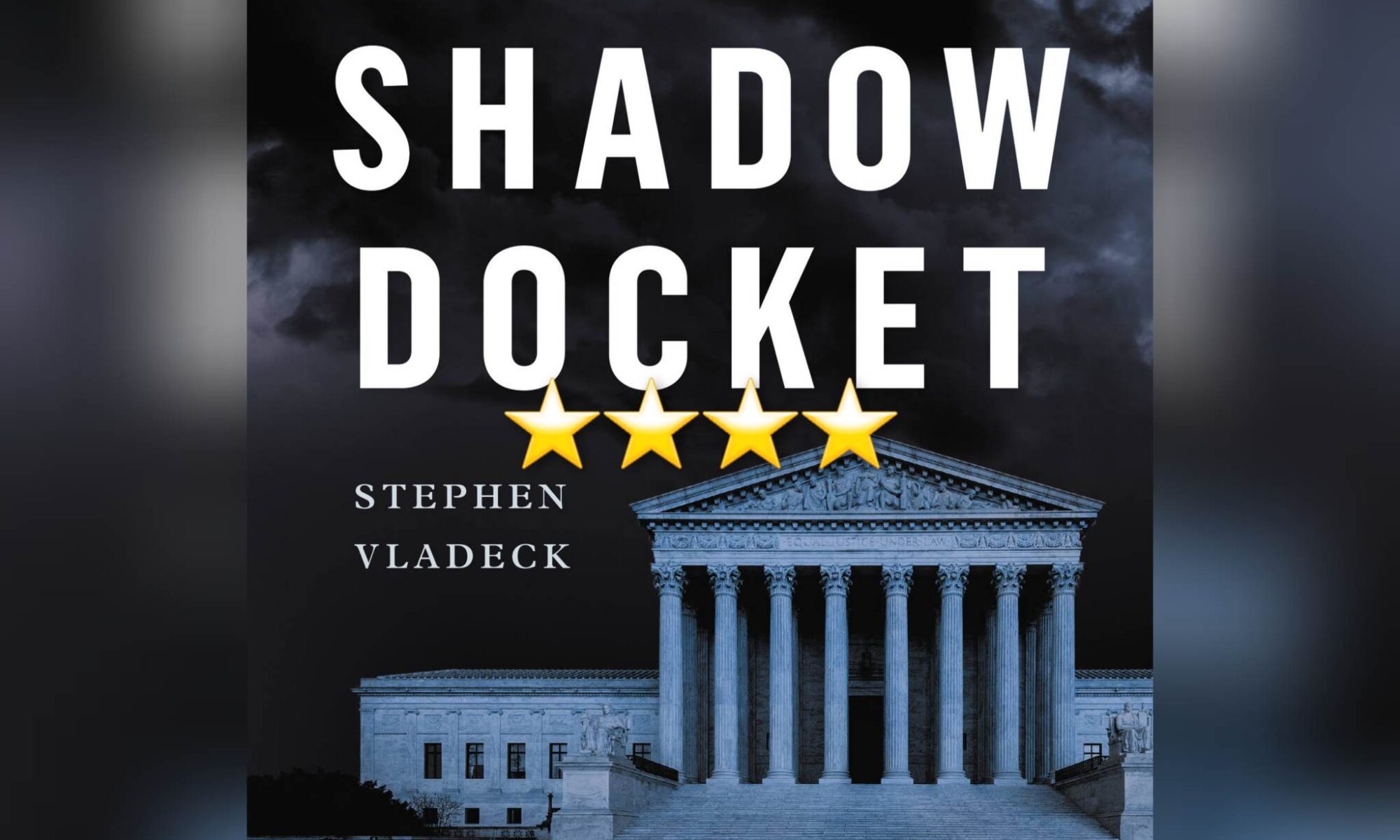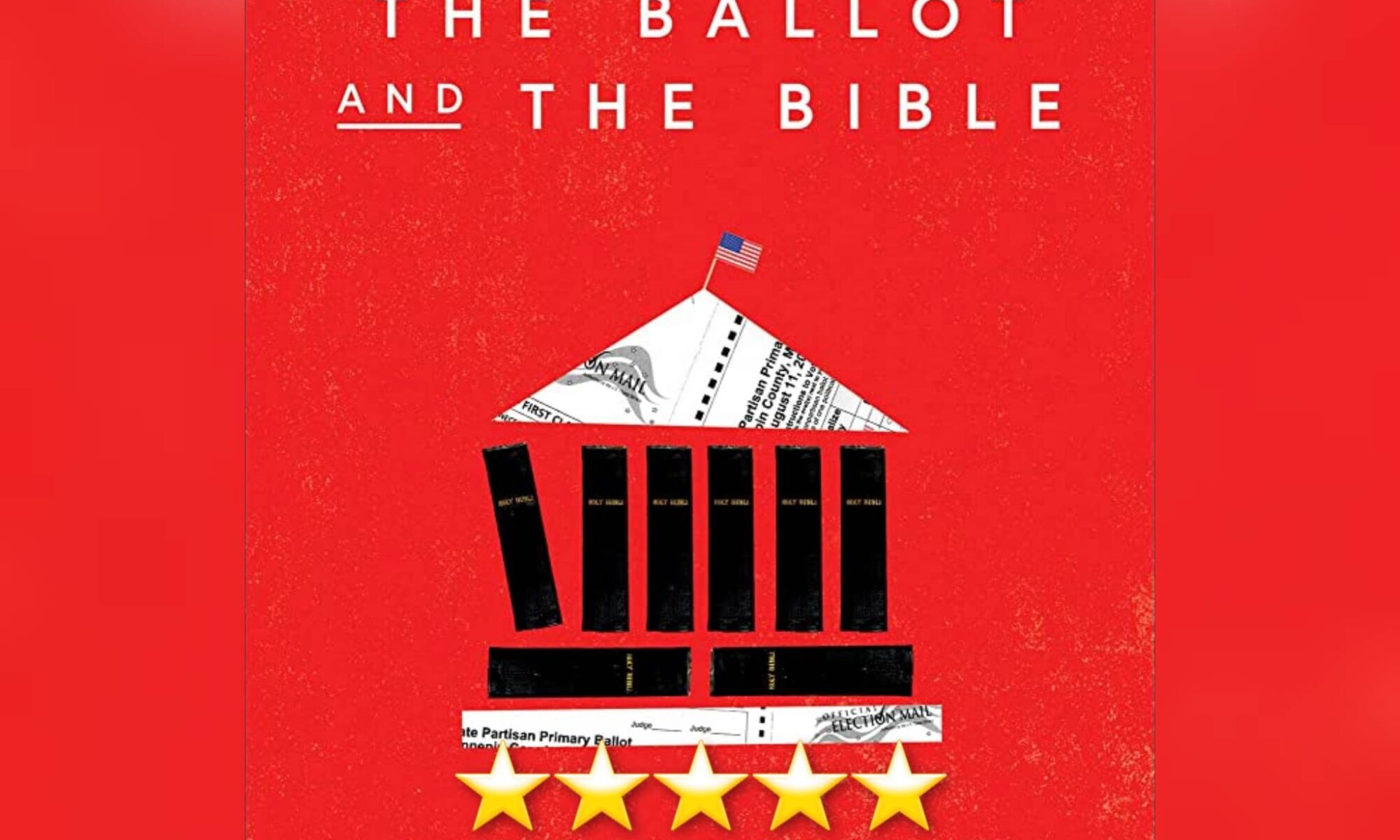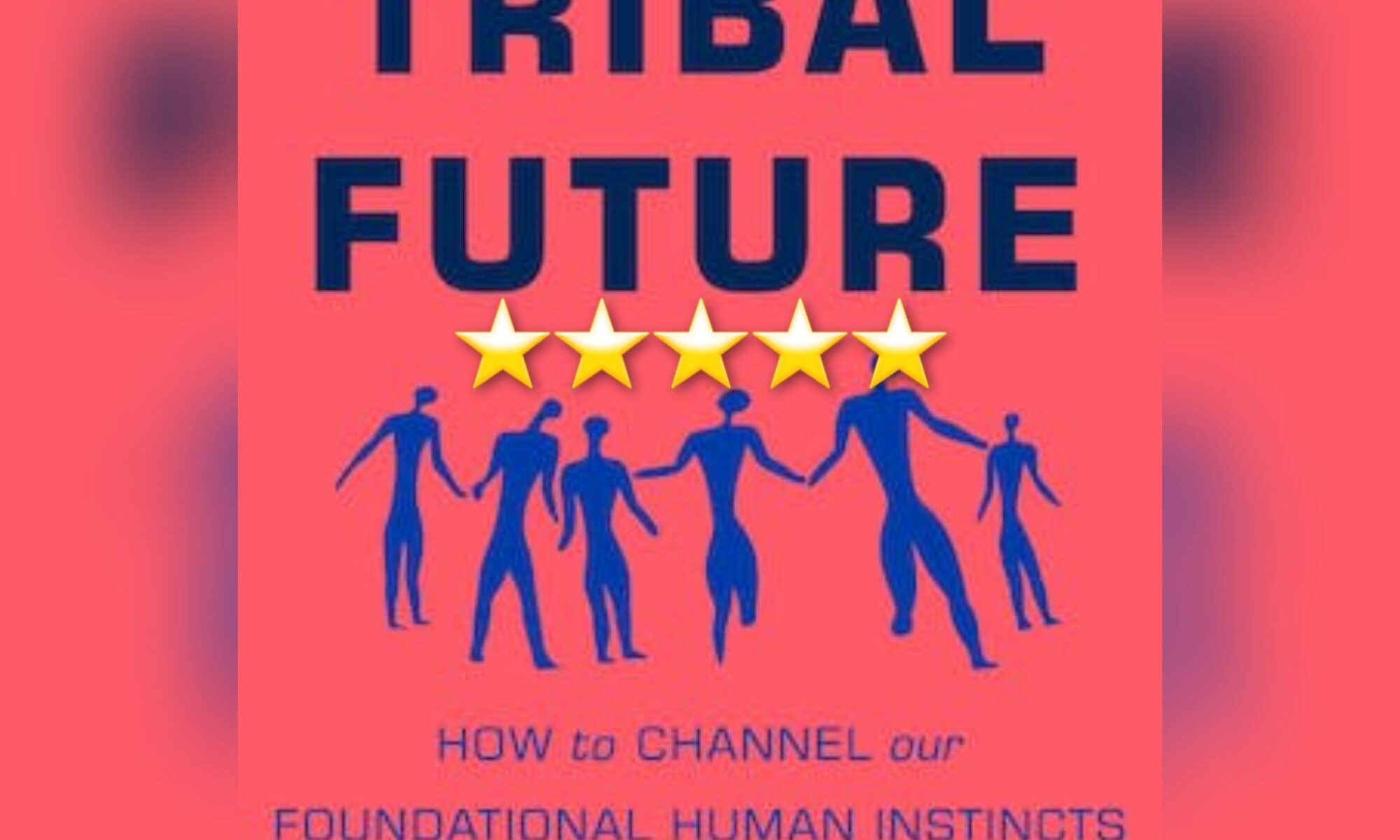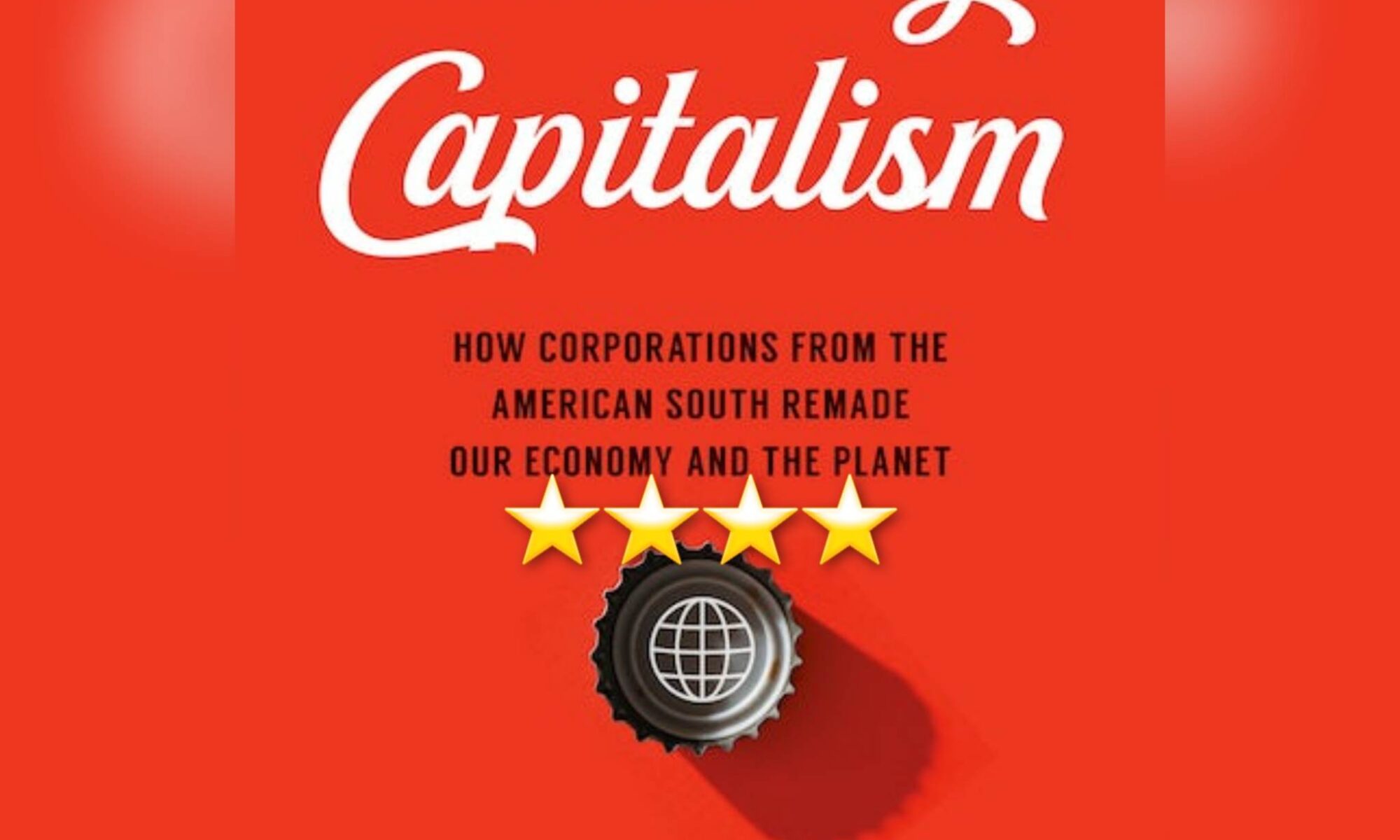Exceptional Bordering On Transcendental, With A Few Flaws. If you, like me, read David French’s 2020 book Divided We Fall and were utterly *terrified* of just how real its scenarios sounded (particularly given that one of them later began to become true)… you need to read this book. If you, like me, read James A. Morone’s 2020 book (indeed, published just days before French’s) Republic of Wrath and saw that despite the paranoia and fearmongering of today’s media, punditry, and even citizenry, the US has always had a great deal of heat and vitriol in its civil discourse (and in fact was far worse in earlier periods of our shared history) – but that doesn’t mean our particular era isn’t pretty damn bad itself… you need to read this book. If you, like me, simply observe and even discuss politics with a “pox on all your houses” attitude as an independent thinker aligned with no particular group… you need to read this book. And if you, like me, genuinely wish for a return to a more civil era – if there ever actually was one, in fact rather than in nostalgia – … you need to read this book.
Quite simply, Hudson here does for the topic of civility what Morone did for overall vitriol in American politics or Radley Balko did for the rise of the Police State in America in his 2012 book Rise of the Warrior Cop – and that is, bring a relatively full historical examination of the topic, beginning with the most ancient of texts known to humanity and bringing it all the way to the exact context we see as this book is released to the public in the next few days after I write this review. She even manages to look at the topic *globally*, incorporating thoughts on civility from several different major and influential civilizations over the course of history – and not just Western, but also at least some Eastern thinking as well. Along the way, we do in fact see some of the “usual suspects” such as perhaps Erasmus, St. Augustine, Voltaire, CS Lewis, MLK Jr, and Gandhi. But we even see other thinkers such as Thoreau, Emerson, and many others – including cutting edge thinkers such as Scott Alexander of SlateStarCodex.com. It is within this particular examination of the entire breadth of history, along with (mostly) strong applications of each, that this particular text truly stands out from the pack.
And yet, there are in fact a couple of issues, which may or may not be particularly *big* issues, but one of which was at minimum enough to deduct a star, at least based on my own “subtractive method” / “objective-ish” reasoning I strive to maintain within my own reviews. The star deduction coming from the overall dearth of a bibliography, despite such deep and wide examinations and despite having so many references it almost seemed as though there were a popup with some relevant quote on nearly every page! While Hudson has already disagreed with me on this on Twitter/X at the time I write this review, I maintain that for nonfiction works, particularly works such as this that reference oh so much, I expect to see a much larger bibliography. Even with the discussion in other recent reviews of perhaps revising my target down closer to 20% rather than 25-30%, the fact that this book contains less than 10% bibliography is still rather disappointing.
The other issue is nearly one more of style, but also raises a potential allegation of bigotry: Hudson’s emphasis that civility requires looking people in the eyes. Despite Autistics in particular being well known for not really being able to do this due to our particular neurodivergence. But perhaps Hudson, despite her clear knowledge in other subjects, was not aware of this. It is possible, and I’ll not clearly condemn her as a bigot due to Hanlon’s Razor.
But again, the overall biggest point here, and the reason you *need* to read this book despite its specks of flaws: This truly is an exceptional, bordering on transcendental, examination of the history and nature of civility, with plenty of real-world applications that are sorely needed – and truly challenging for even the most committed of us. This is one of those books that is going to challenge you to be better in ways that few outside the overtly religious texts manage to do, and it is one that is largely going to leave you with a smile even as it calls you out. Very much recommended.
This review of The Soul Of Civility by Alexandra Hudson was originally written on October 7, 2023.

